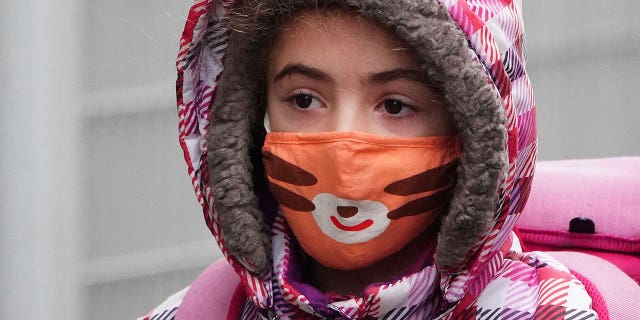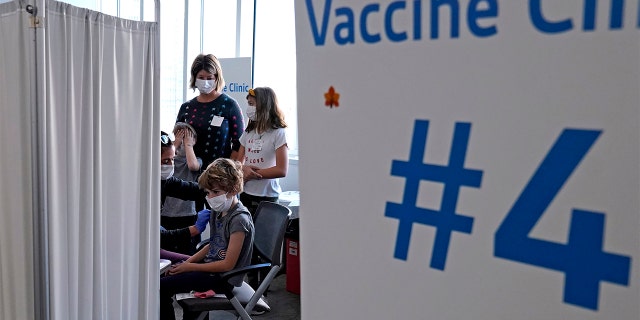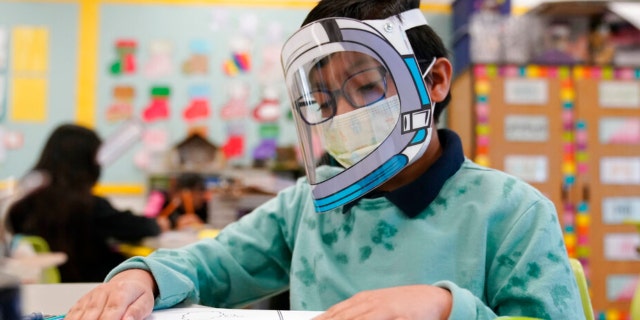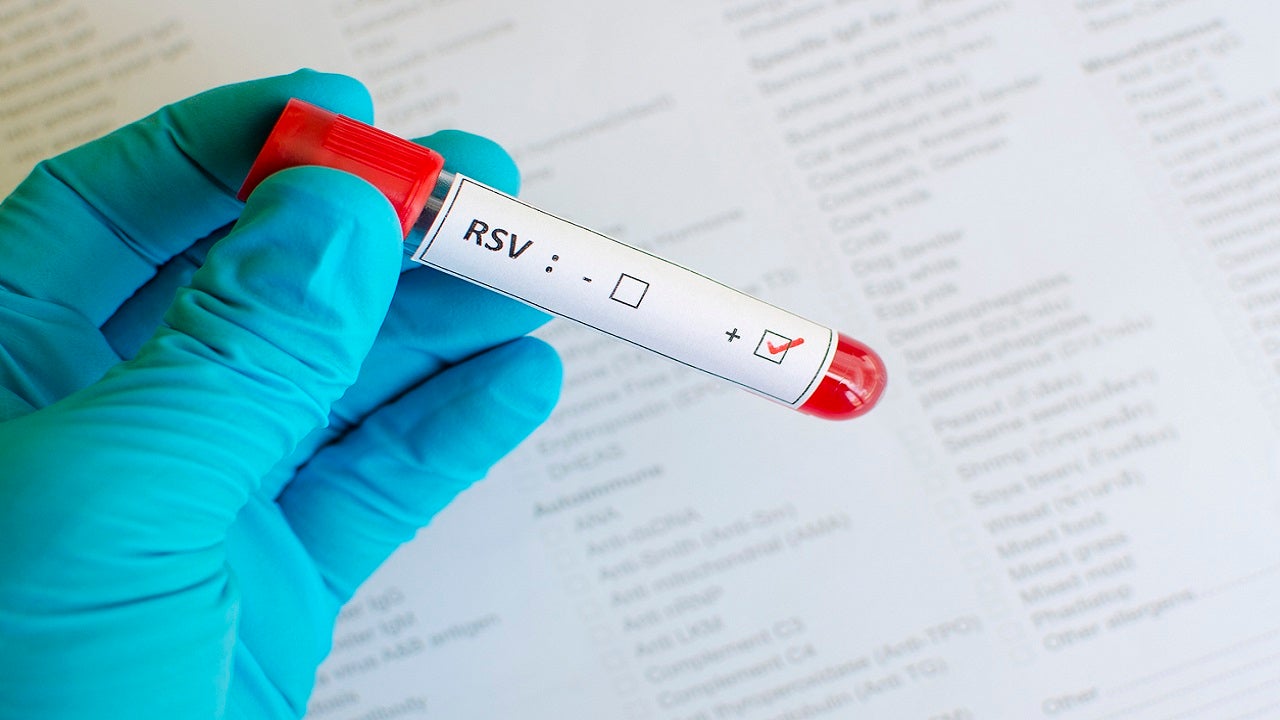The COVID pandemic may have been hardest on the youngest among us, despite the fact that children are statistically the least likely to get and transmit the virus. Although overall pediatric emergency rooms (ER) visits declined during the infectious-disease, the number of visits increased significantly for firearm injuries, self-harm, and drug poisoning compared to pre-pandemic levels, including doubling for eating disorder visits among adolescents, according to a recent Centers for Disease Control and Prevention (CDC) report.
“Children and adolescents’ loss of parents or other caregivers, increases in other adversities and disruptions in daily routine because of the COVID-19 pandemic might also increase [their] behavioral health concerns and unhealthy coping behaviors,” the CDC researchers wrote.
The agency analyzed data from the National Syndromic Surveillance Program for three time periods: March 2020 to approximately the end of 2020, the year of 2021 and approximately the first month of January 2022.

A child wearing a face mask arrives at school, during the coronavirus disease (COVID-19) pandemic, in the Manhattan borough of New York City, New York, U.S., January 5, 2022.
( REUTERS/Carlo Allegri)
DEBATE ERUPTS OVER OFF-LABEL USE OF COVID VACCINES FOR CHILDREN UNDER 5
They compared these surveillance periods with the corresponding weeks in 2019 and evaluated the data by total visits and diagnoses among three different age groups (0–4, 5–11, and 12–17 years).
ER visits among children ages 12 to 17 secondary to “self-harm” injuries increased by least 50%, mental health disorder visits rose up to 60% while drug poisoning or overdose visits went up to 70%, in all three years impacted by the pandemic, the report noted.
This was in spite of overall pediatric emergency room visits declining by over 50% during 2020 and 22% during 2021 compared to visits in 2019.
“Factors affecting caregivers, including unavailable or unpredictable childcare, illness, financial hardship, and mental health concerns, might increase children and adolescents’ vulnerabilities,” the authors said.

FILE – Graham Roark, 8, receives the Pfizer COVID-19 vaccine for children 5 to 11 years from Lurie Children’s hospital registered nurse Virginia Scheffler at the hospital Nov. 5, 2021, in Chicago. (AP Photo/Nam Y. Huh, File)
(AP Photo/Nam Y. Huh, File)
COVID-19 INFECTION CAUSES EATING DISORDERS, MENTAL HEALTH ISSUES: STUDIES
Cannabis-involved visits among children age 4 years and younger, related to accidental ingestion or otherwise, more than tripled while firearm injuries among children in the same group increased four-fold between March 2020 and January 2022 compared to visits in 2019, per the agency.
The report noted marijuana-related visits tripled while firearm ER visits doubled for children ages 5 to 11 years old during the pandemic.
The findings had several limitations, including the data analyzed may not represent the pediatric population nationally, the true prevalence of the conditions studied are likely unknown because the study only included data relating to emergency room visits and because the trends were assessed through coding of emergency room diagnoses, multiple visits from the same patient may have been counted more than once.

FILE – A student wears a mask and face shield in a 4th grade class amid the COVID-19 pandemic at Washington Elementary School on Jan. 12, 2022, in Lynwood, Calif. Gov. Gavin Newsom delayed a closely watched decision on lifting California’s school mask mandate Monday, Feb. 14 even as other Democratic governors around the country have dropped them in recent weeks. (AP Photo/Marcio Jose Sanchez, File)
(AP)
CLICK HERE TO GET THE FOX NEWS APP
“Comprehensive prevention strategies, including strengthening supports to reduce family stress, enhancing access to services and resources, safe storage of firearms and other lethal means, and limiting accessibility to drugs such as cannabis (to reduce use among children and adolescents), can help address these factors,” the agency said.









